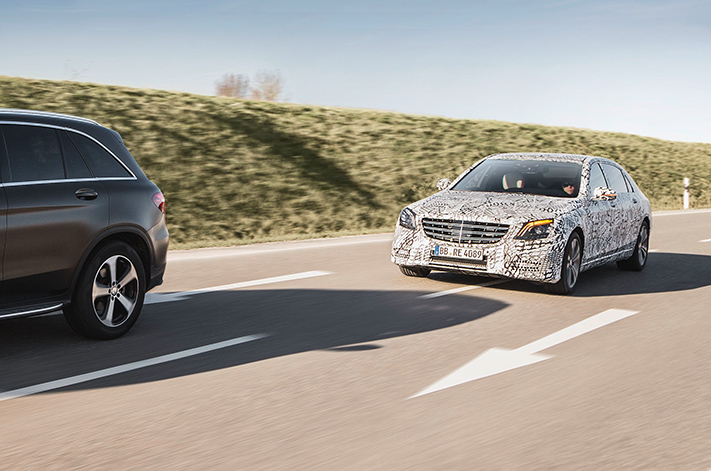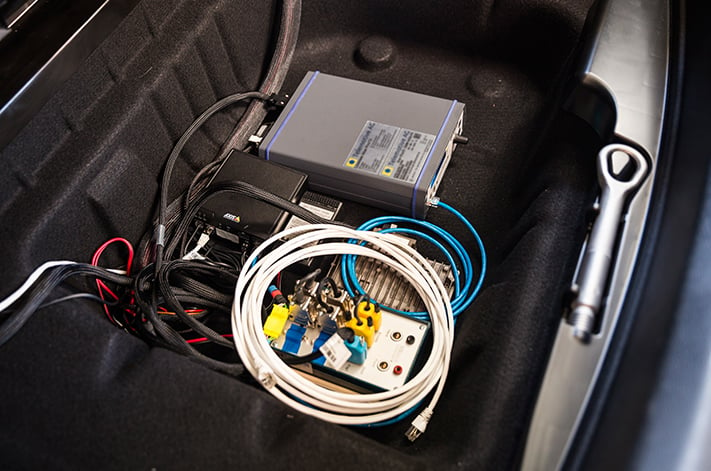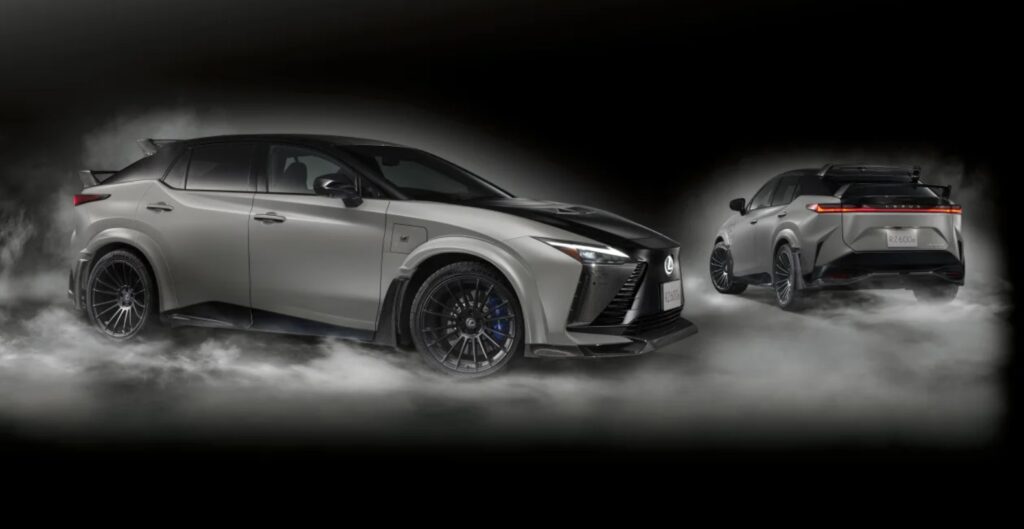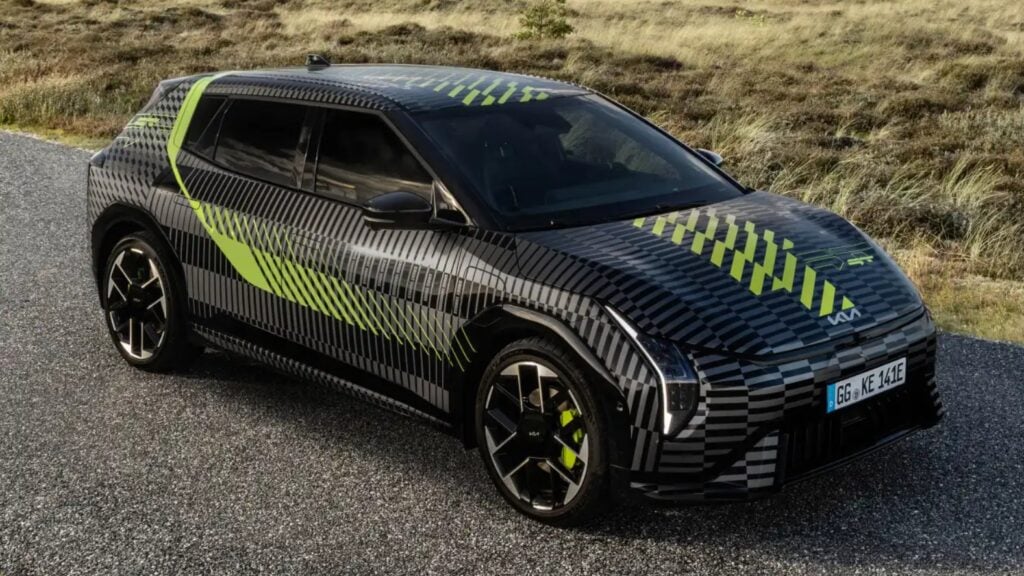IT READS like a Bond script: CIA spooks hacking vehicles, turning them into deadly weapons, and spearing occupants off cliffs in ‘undetectable’ assassinations. But it’s not fiction.
First published in the April 2017 issue of Wheels magazine, Australia’s most experienced and most trusted car magazine since 1953
A Wikileaks exposé revealed the Agency’s plans to take remote control of targeted vehicles, adding fuel to a fiery discussion about connected car vulnerability, and vindicating a multi-billion- dollar investment into cyber security by Mercedes-Benz.
“I would only be exaggerating a little bit when I say that 90 percent of our development is dedicated to this aspect. It is key,” head of Mercedes-Benz cars Dr Dieter Zetsche told Wheels.
“When you’re mentioning autonomous cars as being the safest place possible, this is a nightmare.”
To put Daimler’s investment into perspective, the company upped its R&D budget by 15 percent in 2016, dedicating 5.7 billion euro (A$8 billion) to Mercedes-Benz Cars.

Hackers are already exploiting vehicles in market right now, with successful attempts to crack into vehicles from Nissan, Audi, BMW and Ford all documented online.
Hackers crack Mitsubishis high-tech SUV
Then there’s the Jeep case, where vehicles were not only accessed, but driven away in, and all via the Cherokee’s relatively primitive hardware and software.
“The moment you connect a vehicle to the internet, you expose it to more cyber threats; that’s a topic that needs to be addressed by automakers and policymakers but we are only at the beginning,” says Andreas Mai, Director of Connected Vehicles, Cisco.
Benz’s unprecedented spend on protecting its product includes supplying prototype vehicles to would-be hackers, and dissecting their attacks on its cutting edge systems. Ford and Tesla both run similar initiatives.
“We give these products before launch to third parties to do their best for three months to hack them. If they find a hole we take care of that. Anything which can be done has to be done,” said Dr Zetsche.
“Is that 100 percent security? No. That doesn’t exist in this world. But one pillar of our brand is reliability and safety and we do believe that includes cyber security, both data and privacy.”
All seeing eyes
Future Mercedes-Benz autonomous vehicles will drive themselves using map information downloaded from the cloud. On-board sensors and radars will navigate over high-resolution, three-dimensional landscapes supplied in real-time by Benz servers that will allow its vehicles to pre-empt road conditions further ahead.
Detailed pictures from the cameras of other Benz vehicles will keep the maps updated, and the software will be able to selectively identify the difference between objects like footpaths and roads, cyclists and pedestrians, and so on.






